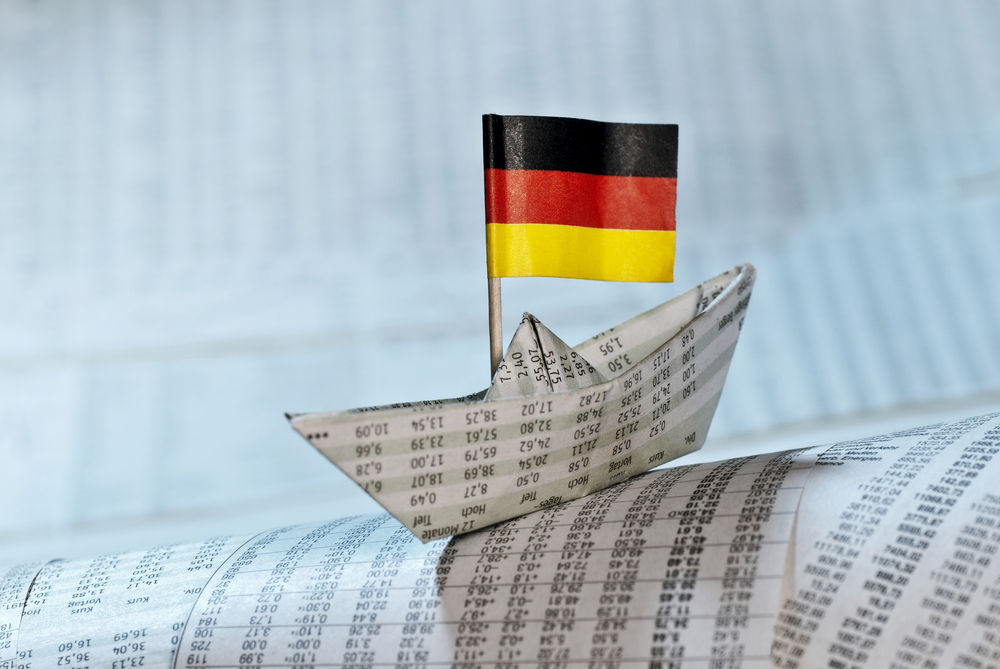Germany’s economy appears to be teetering, with experts painting a bleak picture over the coming months right into the autumn state elections, all while debt levels have hit a new record high. Chancellor Olaf Scholz’s promised “green economic miracle” appears to be falling to the wayside, and there may be political consequences for the ruling left-liberal government.
German economic output unexpectedly dropped by 0.1 percent in the second quarter of 2024, compared to the first quarter of the year, while gross national product also fell 0.1 percent compared to the same period last year, according to the Federal Statistical Office.
Commenting on the data, Klaus Wohlrabe, head of economic surveys at the prestigious Ifo Institute, said: “The German economy is stuck in this crisis,” adding that “there is little improvement to be expected for the third quarter of 2024 either… This is indicated by the results of the Ifo business climate index from July.”
During an appearance on the Taggeschau program, the chief economist at Commerzbank, Jörg Krämer, also issued a dire outlook: “The unexpected decline in gross domestic product in the second quarter by 0.1 percent shows once again that there can be no talk of a significant upturn in Germany.”
The data comes at the same time that Germany’s debt level has reached a new record high of €2.45 trillion by the end of 2023, according to a report released by the German Statistical Office, which is €77 billion more than 2022. Now, every citizen has a per capita debt of approximately €28,900. The debt growth is primarily driven by increased spending on the Ukraine war and rising energy costs, but social welfare, primarily for foreigners, is also eating into the budget at a tremendous rate.
The economic picture may not improve in the coming months either, with the Ifo institute stating: “Overall, the order backlog continues to shrink, and industry is lacking new orders.”
“The assessment of the current situation fell in July to its lowest level since September 2020, and business expectations for the coming months have deteriorated significantly,” the institute added.
Chancellor Olaf Scholz had promised Germans far higher growth in March 2023.
“Due to the high level of investment in climate protection, Germany will be able to achieve growth rates for some time, as was last seen in the 1950s and 1960s,” he claimed at the time.
During that period, the German economy was growing at 8 percent per year.
Germany’s higher debt levels are posing a problem though, with the government’s plans to increase spending to fuel growth running into serious hurdles with the Constitutional Court, the top court in Germany. The court had ruled that plans to reallocate approximately €50 billion in coronavirus aid to other areas of Germany was unconstitutional.
At the time, the Alternative for Germany (AfD) proposed a number of budget cuts in response to the court ruling, including stopping weapon transfers to Ukraine, deporting migrants, and reforming the energy transition to save the budget.
Many experts note that the three pillars of the Germany economy have now collapsed, which consisted of cheap energy from Russia, cheap suppliers from Central and Eastern Europe, and a growing export market to China.
The teetering German economy could come with political consequences, with the parties that make up the ruling government facing devastating results in the upcoming elections in Eastern German states in autumn of this year. Polls indicate that in some states, all three parties may be entirely eliminated from parliament.






